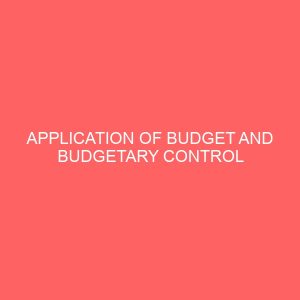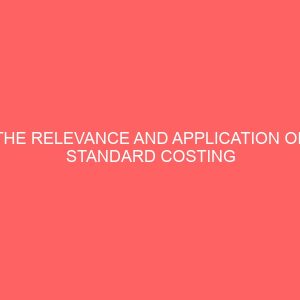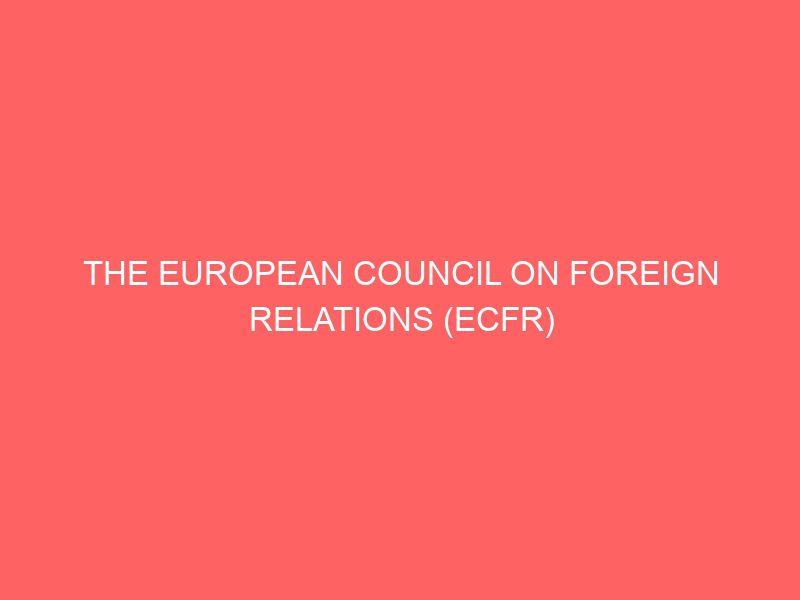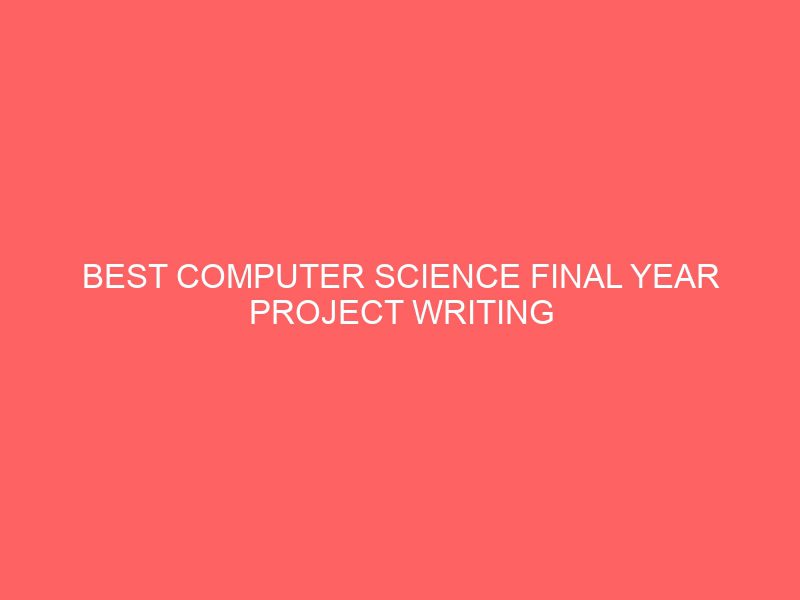The European Council on Foreign Relations (ECFR) Visiting Policy Fellow Africa Programme 2021
The European Council on Foreign Relations (ECFR) is a pan-European think-tank that conducts research and promotes informed debate across Europe on the development of coherent, effective, and values-based European foreign policy. It has offices in Berlin, London, Madrid, Paris, Rome, Sofia, and Warsaw.
The Visiting Policy Fellow will have a policy research/formulation function in the delivering of two key projects for the Africa Programme related to the Africa-Europe relationship and climate issues. He/she will undertake research, develop analysis and formulate policy relevant recommendations in the context of “geopolitical Africa” and with a particular focus on climate issues. Other desirable areas of expertise include: Digital/Tech, Trade, and Migration. Part of unpacking the issues will be triangulating Africa’s position vis-à-vis important multilaterals and global players such as China and the US. Sought is a clear analysis of Africa’s interests in the global Climate discussion, how these interact with Europe’s Climate plans, and where potential for positive, actionable overlap exists but also where potential friction exists and means to overcome these. The ability to do the same with a second one of the listed topics is desirable.
The ideal candidate will have proven expertise on climate issues in Africa, good knowledge of the Africa-Europe relationship and a well-developed network in Africa/Europe
- Location: Remote Africa/Europe
- Reporting to: Africa Programme Director
- Type of Contract: Self-Employed Consultant
- Length of contract: 7-10 months
Responsibilities
- Conduct independent research, develop analysis, and formulate policy recommendations in any of ECFR’s formats
- Strengthen and expand the programmes partnership and advocacy networks in Africa
- Facilitate the organisation of activities in Africa and secure the participation of relevant African stakeholders
- Contribute as appropriate to cross-cutting aspects of the African Programme including geopolitical Africa and the Africa Programme’s focus on Africa-Europe relations more generally.
- Identify and liaise with relevant external contacts and ECFR Council members. Convene and lead public and private briefings for policy makers.
- Liaise with partners in the African governments, AU, regional organisations, western diplomatic representatives, and local partners.
- Contribute to the formulation of the programmes’ strategies and work plans and help ensure its effective implementation. Contribute to forming an advocacy policy for Africa-Europe relations (from political and economic angle) and geopolitical Africa.
- Help coordinate fundraising for the programmes and share in the production of relevant materials and approaches to prospective donors, support identifying prospects for financial support.
- Undertake relevant research, write reports and policy briefs – long form but also shorter reactive publications.
- Contribute to the formulation of advocacy, outreach and communications strategies as an integral part of relevant projects and ensure inclusion of national offices throughout projects.
- Coordinate, organise, and/or support as necessary relevant events such as consultations, workshops or seminars, as well as media work, mailings, travel, etc.
- Provide regular situation reports to the Africa Programme.
Required skills
- Extensive and in-depth knowledge of the Africa-Europe relations, AU, African regional organisations, and economies, especially related to climate issues
- A track-record of engaging with policy communities and civil society in Africa.
- Wide ranging government and non-government contacts across Africa
- An ability to develop innovative policy proposals and creative ways of looking at European policies towards the region and individual countries.
- Excellent research and analytical skills, the ability to devise and lead research projects, prepare detailed reports and briefing papers, setting out relevant research findings and policy recommendations on EU policies towards the region.
- The ability to maintain and develop a substantial network of contacts with relevant policymakers, politicians, experts, activists and others in the region.
- Excellent written and oral communication skills.
- Media experience and the ability to present and speak in public.
- A high standard of written and spoken English, working knowledge of German, French or another language is an advantage.
- The ability to work within a team in a multi-national environment and to travel frequently (whenever possible).
Method of Application
If you are interested in this exciting and challenging role, we look forward to receiving your application!
Please submit your Cover Letter and CV (with ref: “African Programme Visiting Policy Fellow” in the subject line) via email to [email protected]
Due to the large volume of candidates applying for positions within ECFR we will only be able to respond the applicants who have been shortlisted. If you have not heard from us within 2 weeks of the closing date, you have not been successful.
STRICTLY NO AGENCIES PLEASE
For More Information:








